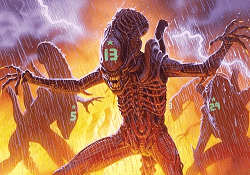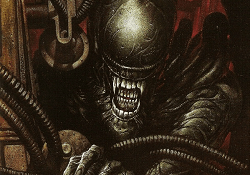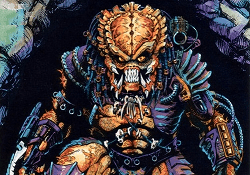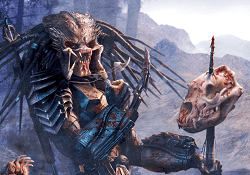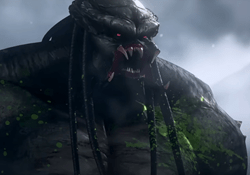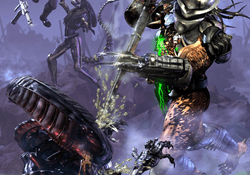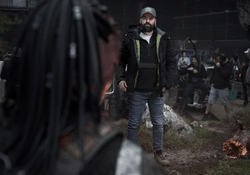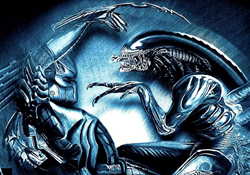Yautja Culture: The Everyday Life Of Predators
While much attention has been focused on the Yautja hunting skills, intergalactic conflicts, and their technological prowess, it is interesting to delve into the details of their everyday lives. This article aims to shed light on various aspects of Yautja culture, from their religious beliefs and eating habits to their familial structures and beyond. While the movies have only hinted at the Predator culture and never shown their everyday lives, the Predator comic books (especially the Alien vs. Predator ones) have filled in this gap of knowledge.
Predator Religion
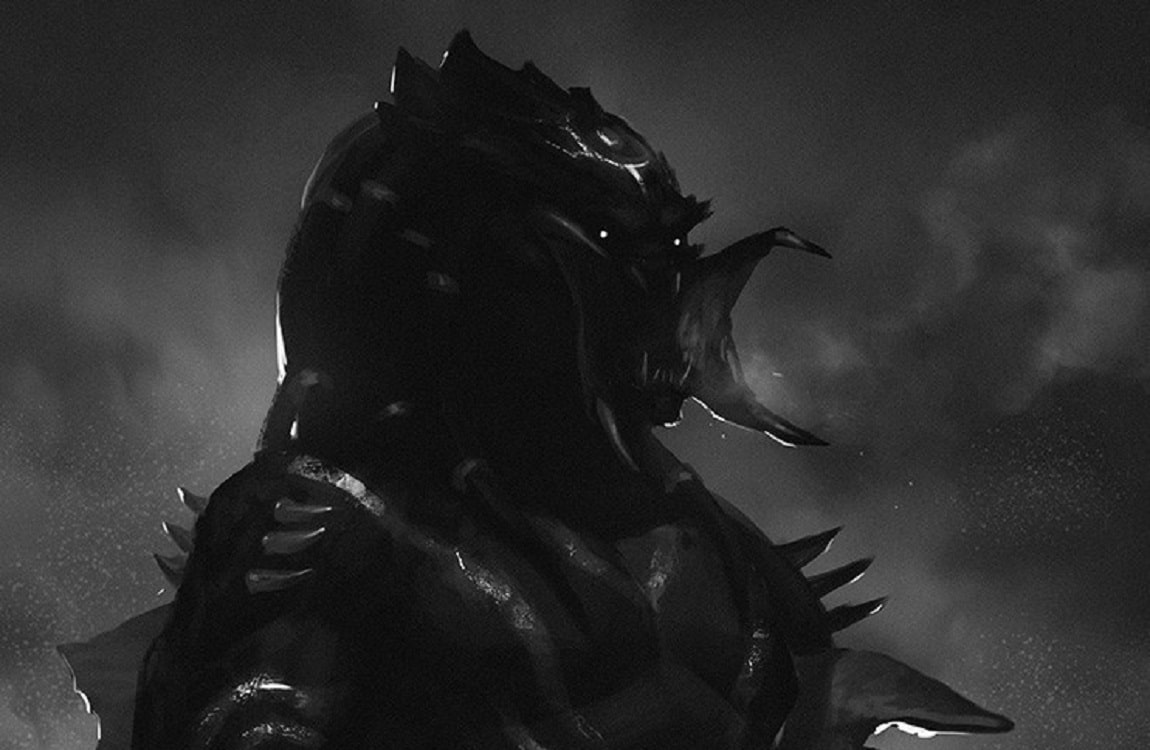
At the core of Yautja society lies a deep-rooted system of spirituality and honor. The Predator religion is centered around the concept of "The Hunt," which they consider a sacred endeavor that defines their existence. Yautja believe that engaging in hunts and proving their worth as warriors grants them a place in the afterlife alongside their ancestors. Rituals and ceremonies are conducted before and after hunts to honor the fallen and seek the favor of their deities. The main Predator god is called the Black Warrior, a grim reaper-like figure who is meant to represent Death. However, the Predators are not supposed to be afraid of this god or death and embrace it with open hands.

Predator Language
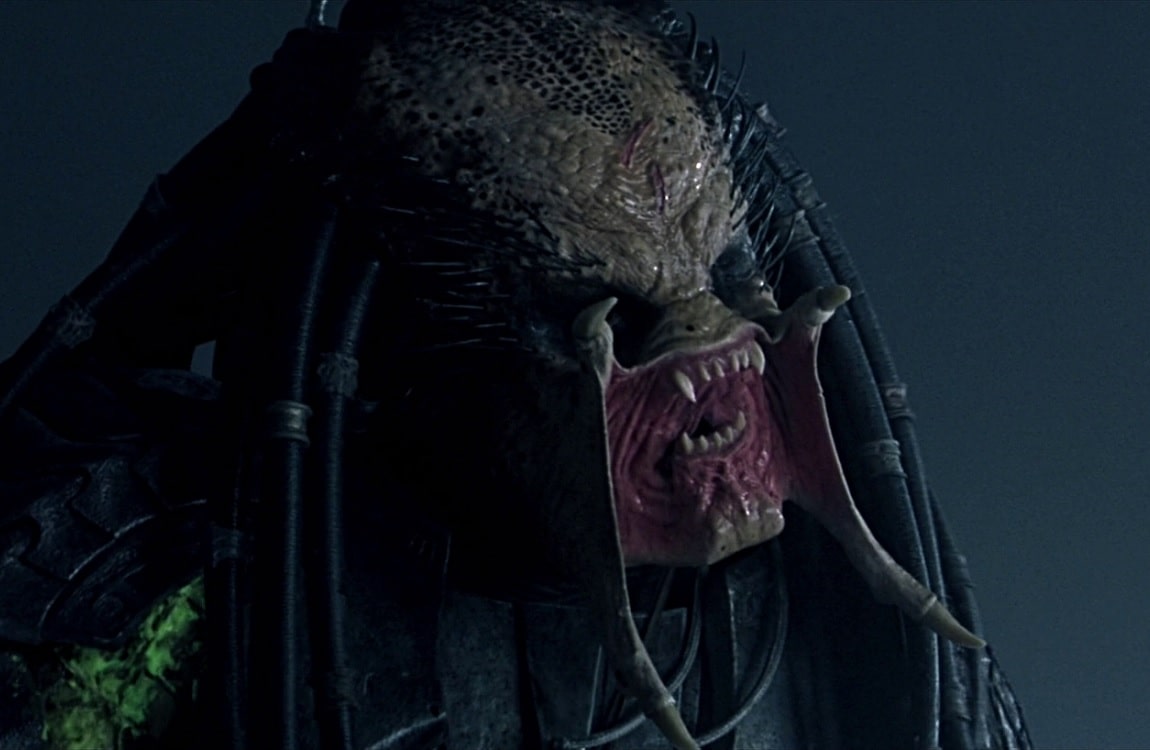
The Yautja language is a complex form of communication that utilizes a combination of clicks, roars, body language, and vocal mimicry. The Predators' ability to understand and even mimic human speech makes them even more formidable opponents. Their communication is not only used to coordinate hunts but also to intimidate their prey and express dominance. The Predators also have a written language, consisting of symbols that are often visible on their wrist gauntlets or their bio-mask displays. These symbols might indicate numbering (such as the countdown of a self-destruct device) or form words and sentences.
Yautja Greeting
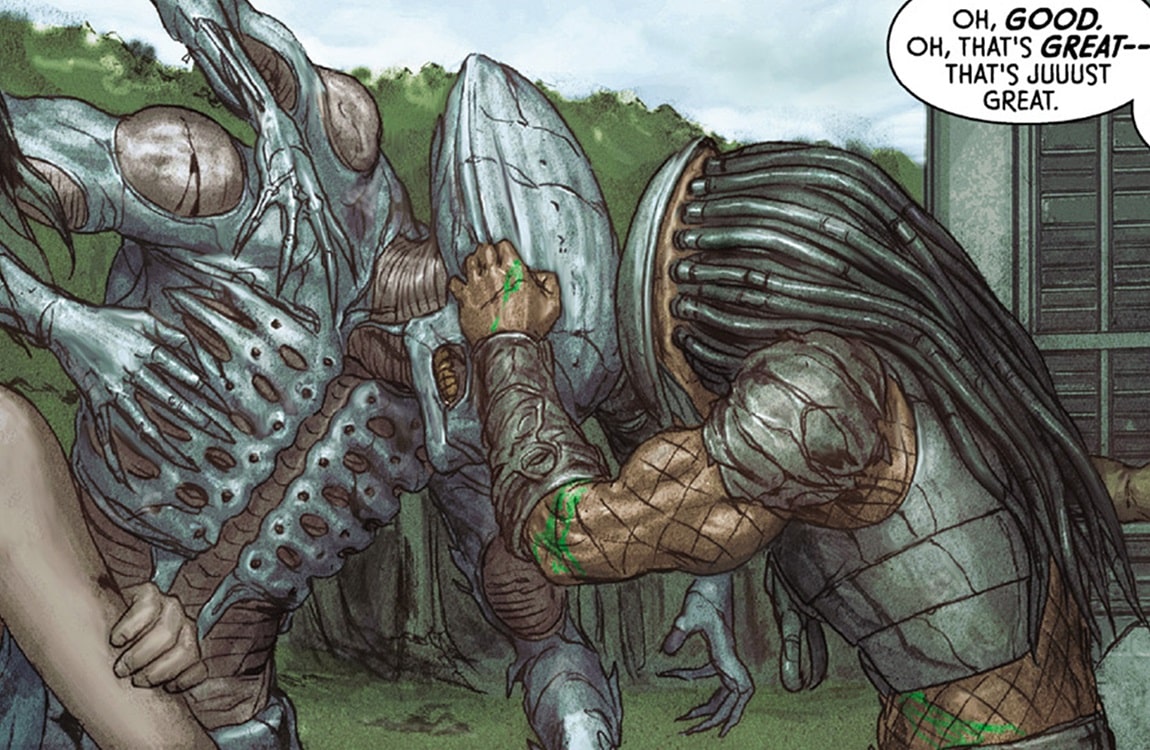
In addition to spoken and written language, the Predators make use of a lot of body language. One of the most important of such is the greeting between two hunters. According to Alien vs. Predator: Civilized Beasts, the usual greeting is made by placing one hand on another's shoulder and shaking. The legendary Smiley Predator greeted a fellow clan member this way. In the epic Fire and Stone series, Ahab Predator is seen greeting the android Elden by touching foreheads together. This was a great sign of respect, as Elder had gone through the blooding ritual, and had the blooded sign on his forehead.
Predator Eating Habits
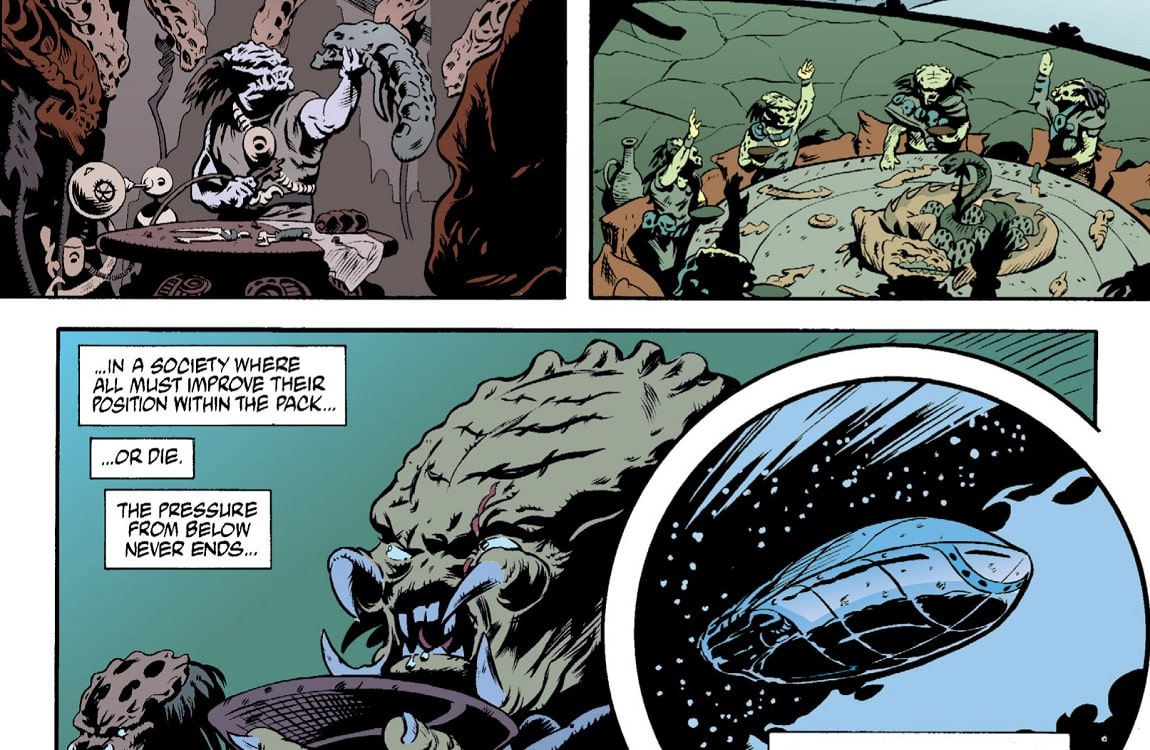
The Yautja, being carnivorous beings (having a taste for beef), derive pleasure from consuming raw meat amidst their hunts. The Yautja act of eating often happens in an overly bloody and messy fashion, as there is no time to waste between combat. Yet, during periods of leisure aboard their spacecraft or within the confines of their homeworld, they relish in the indulgence of cooked meals, occasionally partaking in ceremonial feasts that signify moments of significance. While the question of Yautja engaging in the consumption of human flesh remains speculative and improbable, instances of humans becoming the consumers rather than the consumed by these formidable creatures have been documented. There is some evidence of uncultured Predators restoring to cannibalism, but this is considered to be a Bad Blood practice.

Predator Mating Habits
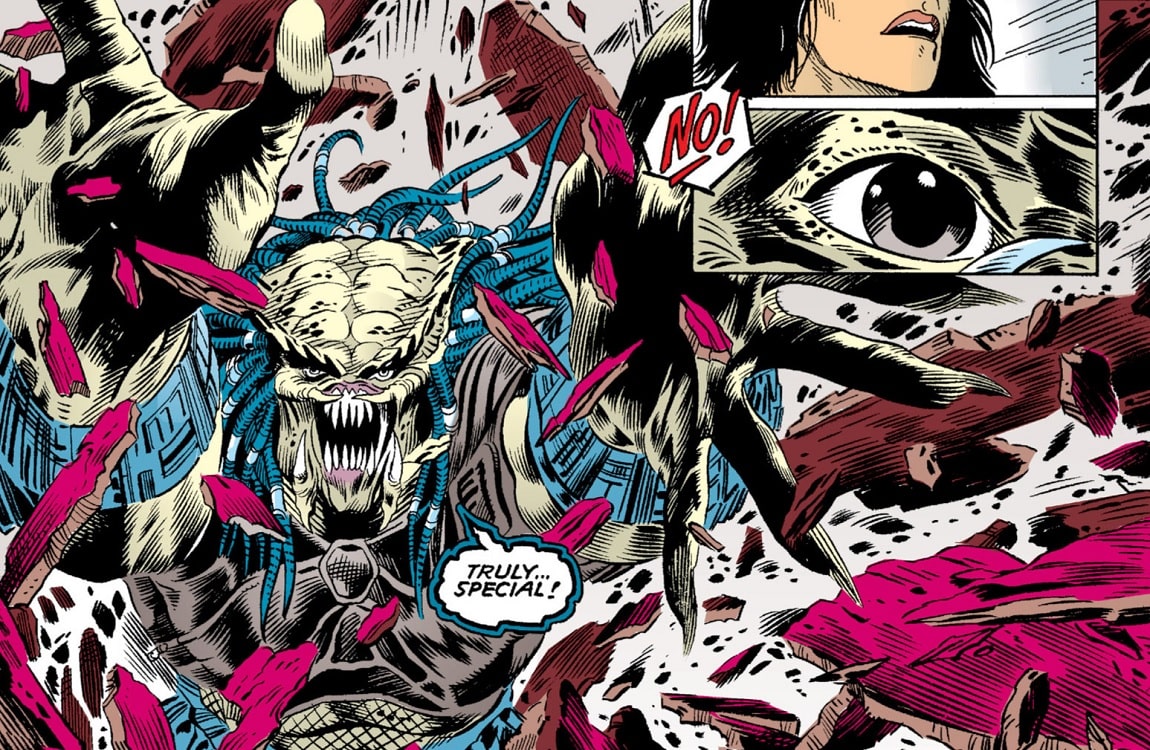
Mating was considered to be pleasurable and the Predator females tended to be more aggressive in the act. One of the most well-known and ferocious female Yautja was Big Mama from the Aliens vs. Predator: Deadliest of the Species series. She was slightly bigger than male Predators, but this seemed to be more of an exception, as the Female Predators were later revealed to have feminine features and more slender bodies. For regular Yautja, children were born similarly to mammals and did not hatch from eggs, as one might expect from a reptilian race. The Predator babies (often called Pups or Spawnlings) are born from their mothers in a similar way as humans, with a connected umbilical cord and a blue amniotic sack around them. For the Hish-Qu-Ten, a subspecies of Yautja, children were born in bigger groups and were called "spawnlings".
Family Life
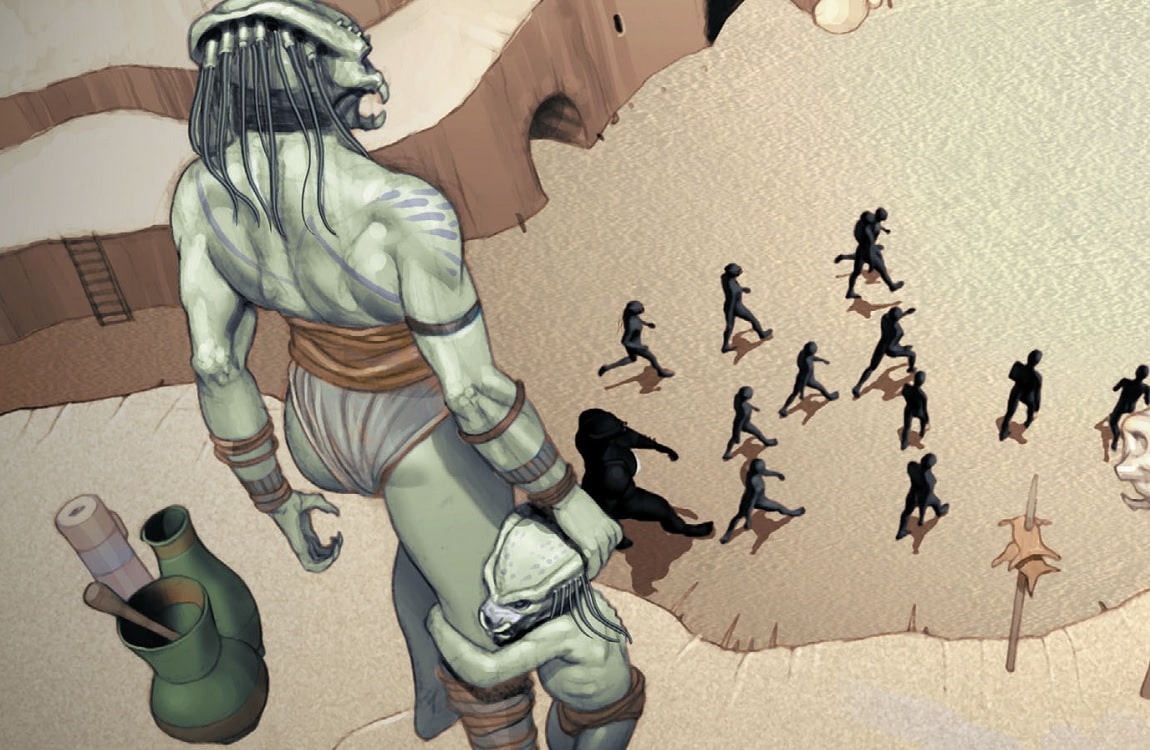
Yautja society values familial bonds, especially those between parents and offspring. Young Predators are trained and educated by their elders, learning the art of hunting, combat, and survival from a young age. These mentor-student relationships foster a sense of lineage and legacy within Yautja families, with knowledge and traditions being passed down through generations. Older Predator children are called Younglings and they already start training, in a similar way to the Spartan Agoge program. Family ties are kept through their long lifespans and of the most painful experiences for Predators is hunting down their own children who have become Bad Bloods while breaking the Yautja rules of the hunt.
Living Quarters
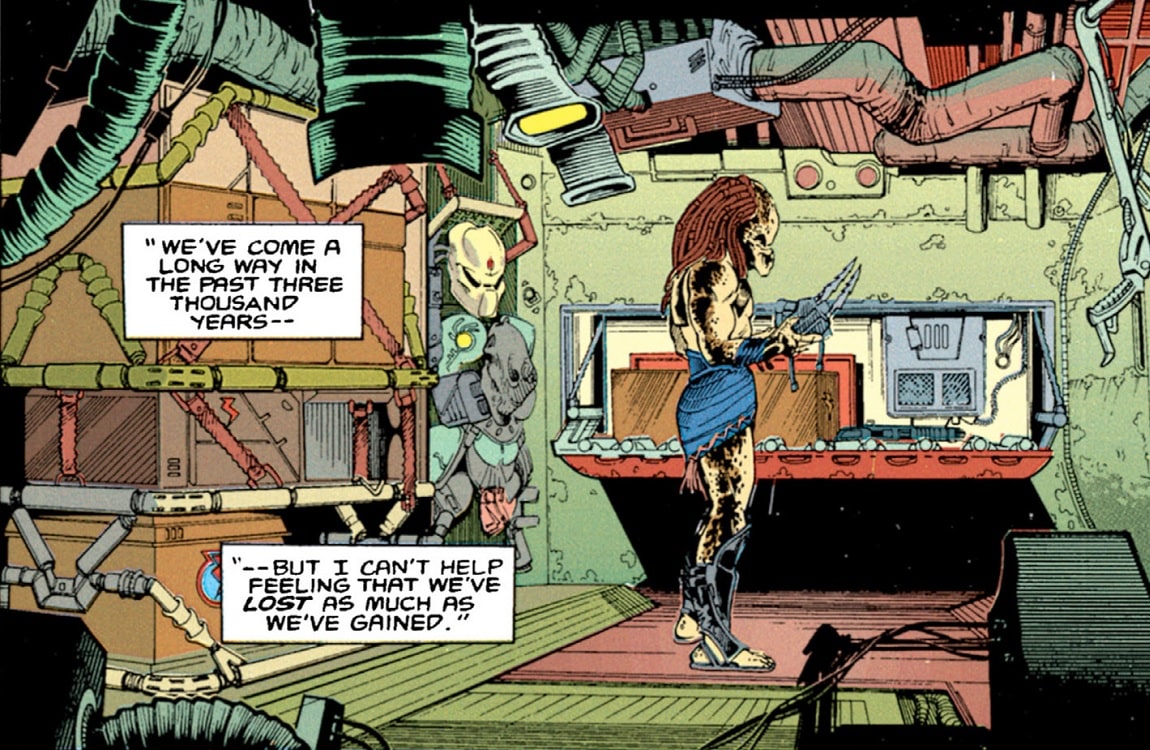
Yautja dwellings, often located in secluded areas of the Predator homeworld, are a harmonious blend of advanced technology and natural elements. The interiors serve as a testament to their rich history, adorned with trophies and artifacts from past hunts. Predators often live on their ships, where the quarters are small and spartan, with only the essential things being present. The Yautja hunting equipment and weapons are always nearby, stashed in personal compartments. The Predators often employ a workbench, where they can either maintain their weaponry or clean trophies.
Sleeping Habits
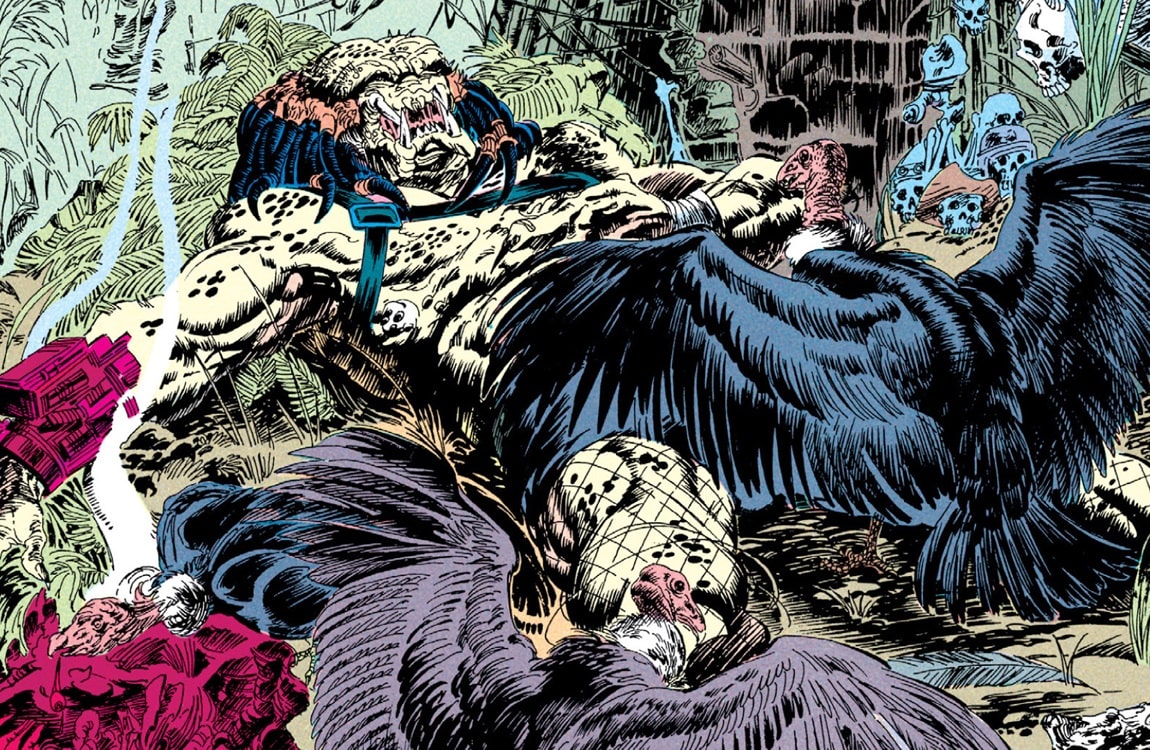
Just like humans, the Yautja need sleep to rest from battle and to help recuperate from their injuries. The Predators are not seen sleeping in the movies, but the Jungle Hunter rests against a tree trunk in the first Predator movie while tending to his leg wound. The crazed Yautja from the Predator: Big Game comic slept in his "nest" alongside many trophies extracted from humans in the New Mexico desert. The Predator sleeping quarters are seen in Aliens vs. Predator: War, although these might have been refitted for the human Predator, Machino Noguchi. Finally, the Predators are seen to use hypersleep capsules, as seen in Predator: Deadliest of the Species, as used by Big Mama Predator.
Fun And Entertainment
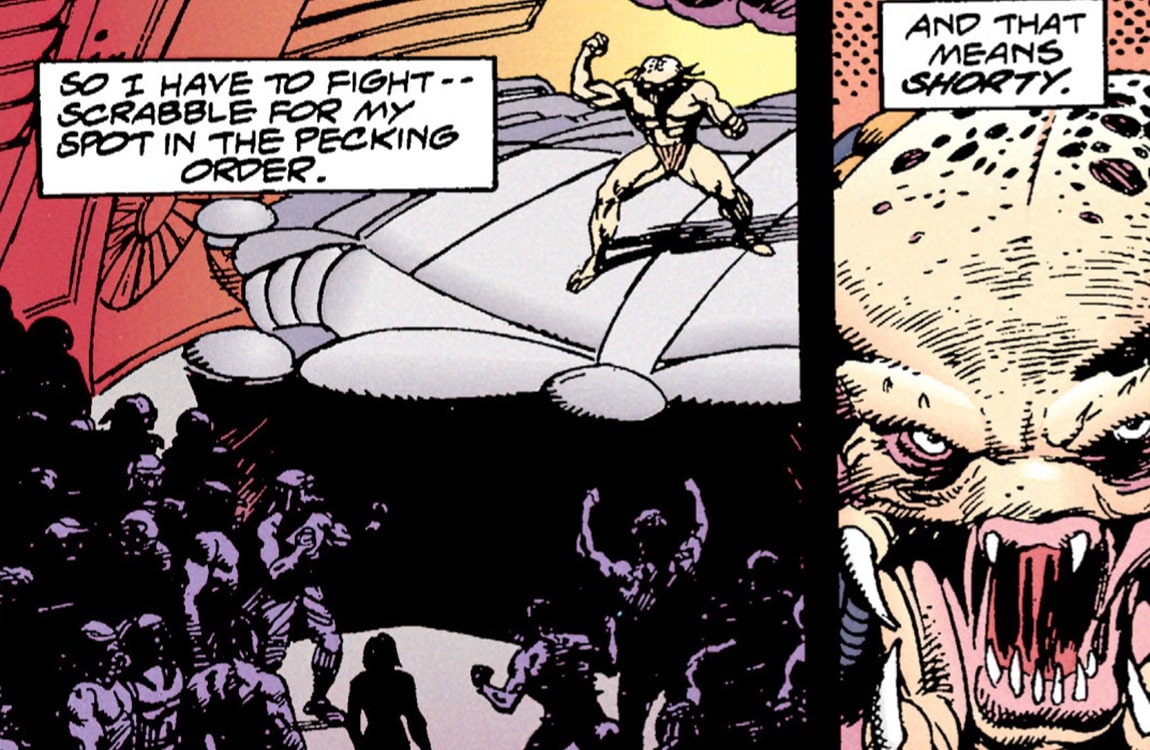
For fun and entertainment, the Yautja enjoy watching and participating in gladiatorial-style fights between clan members. These fights are often non-lethal, but serious injuries may occur, as seen in the Aliens vs. Predator comic series. Additionally, the Predators have been observed to be fond of telling stories and gathering next to a fireplace, as observed in the tribal community of Yautja in the Superman and Batman versus Aliens and Predator comic series. Finally, Predators seem to enjoy dark humor and have been seen both laughing or chuckling at the irony of certain amusing, but serious situations.
Yautja Architecture
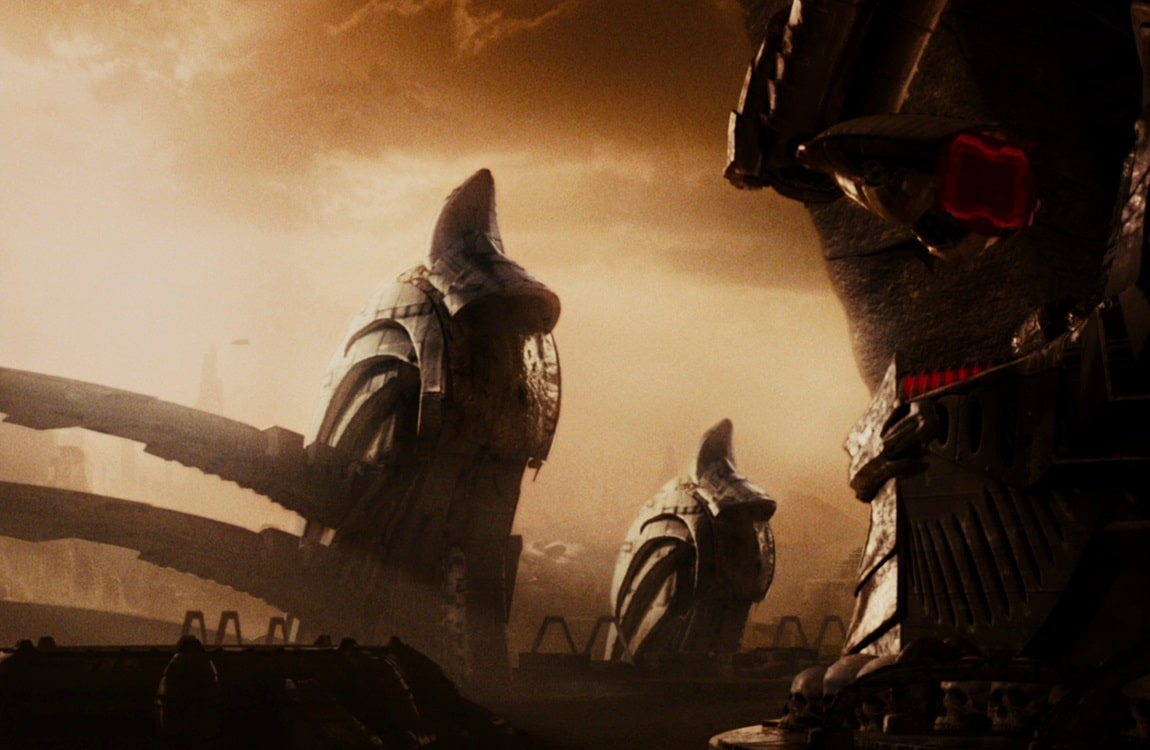
Although the Yautja society is sometimes seen as tribal and some clans do live in caves, the Predators have a sophisticated building architecture that has developed over millennia. The Predators thought humans to build pyramids, which are also present on their homeworld. The pyramids act as both places of worship to the Yautja gods, but also as hunting grounds. Stone buildings with huge pillars and statues are common, representing old legendary warriors. The Yautja's ability to blend their ancient traditions with modern technology in their architectural designs highlights their dual nature as both primal warriors and advanced beings.
Training
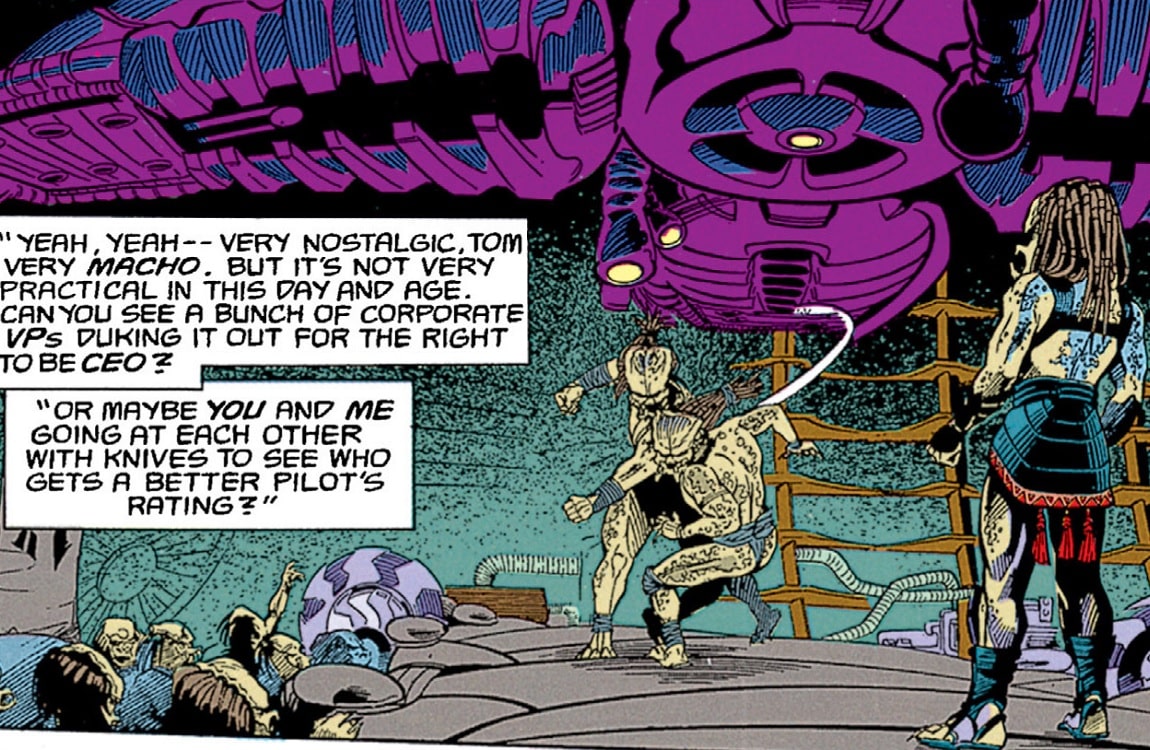
Training occupies a central role in Yautja society, beginning early in a Predator's life. Young Yautja are subjected to rigorous physical and mental conditioning to prepare them for the harsh realities of hunting and combat. Training encompasses various disciplines, from mastering advanced weaponry to honing stealth and agility, ensuring that every member of the clan becomes a formidable warrior. When the Young Blood Predators are ready, they go on their first hunt to become blooded. However, too often, many Young Bloods die during or just before this blooding ritual, killed by the vicious Xenomorphs.
Socializing
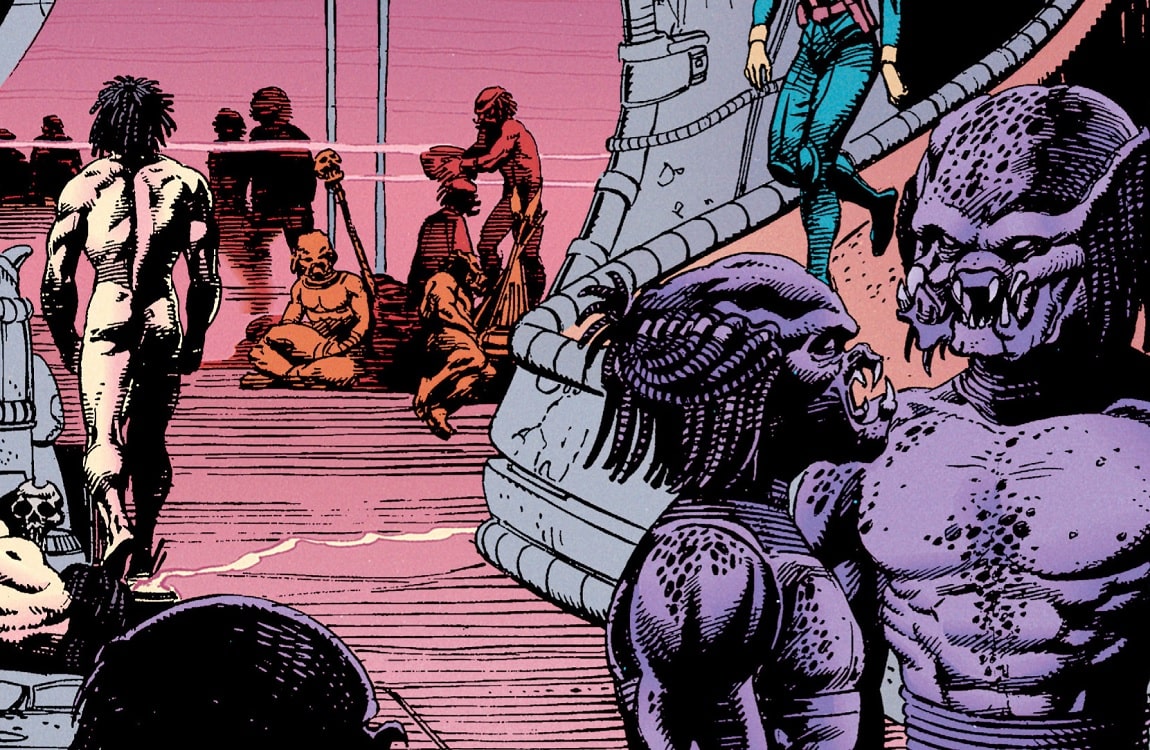
Contrary to popular belief, Yautja society extends beyond the hunt. They value social interactions and camaraderie within their clans. Gatherings and celebrations provide opportunities for Yautja to forge bonds, exchange stories of valor, and engage in friendly competitions. These interactions foster a sense of unity among individuals who often lead solitary lives in pursuit of their prey. The Predators also engage in diplomacy and may negotiate with other races, including humans. There are many cases of Predators teaming up with humans, often as an ad-hoc way to fight against Xenomorphs.
Exploring Space
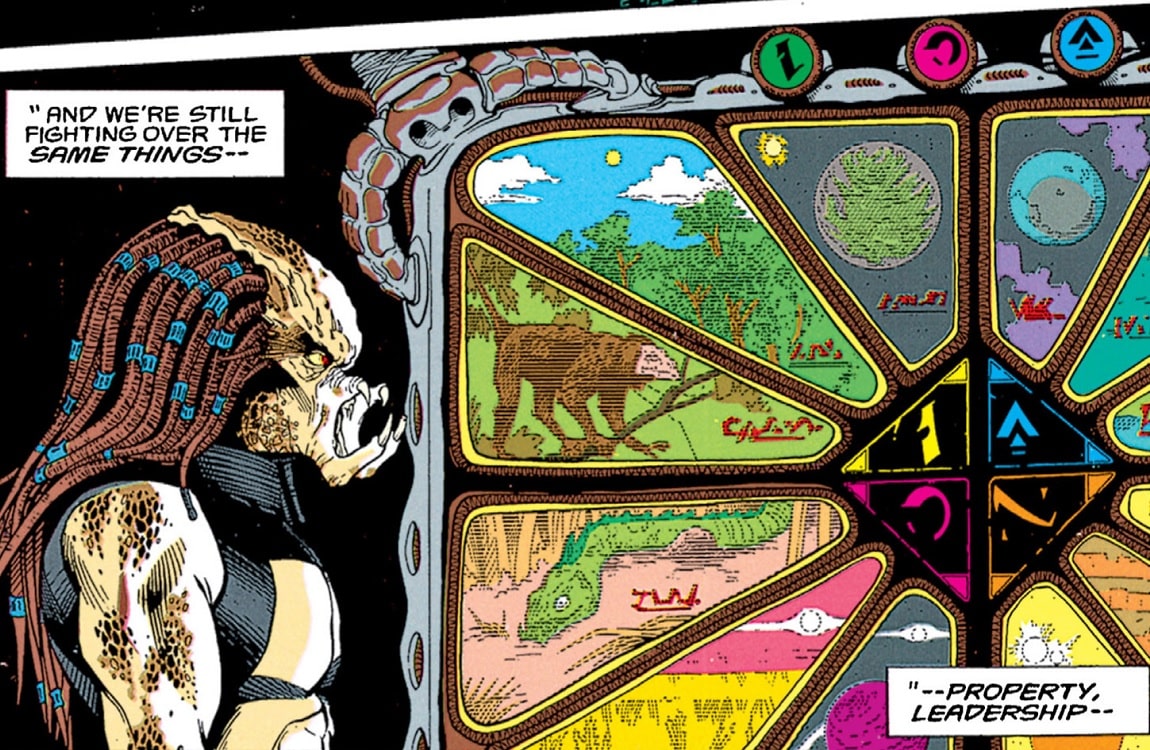
The Yautja's insatiable desire for challenges and conquests extends beyond their homeworld. Equipped with advanced spacecraft, they venture into the cosmos to discover new hunting grounds and species. These interstellar journeys are seen as extensions of The Hunt, allowing Yautja to test their skills against unfamiliar adversaries and broaden their understanding of the universe. Newly discovered planets are mapped and analyzed for their suitability for new hunts. Some Predator clans focus on space exploration, like the Rogue Space Tribe, a group of outcasts from Yautja Prime.
Predators Who Are Not Focused On Hunting
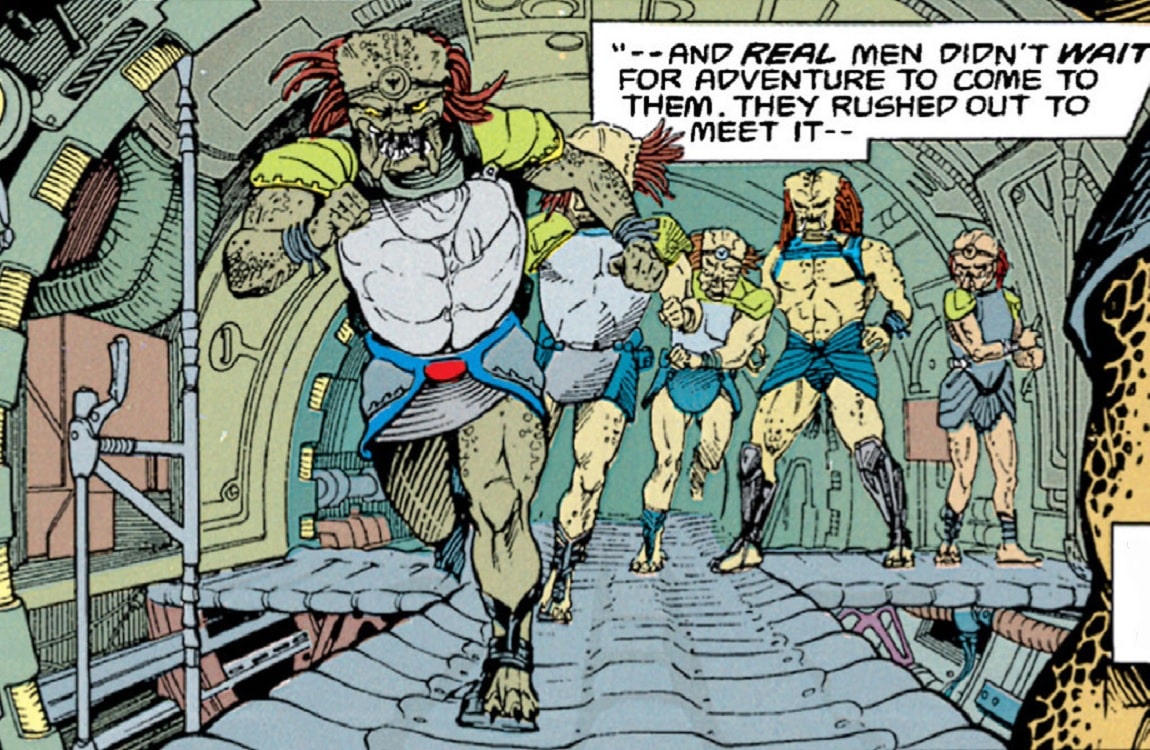
While hunting is a core aspect of Yautja culture, it is not the only path they pursue. Yautja society encompasses a range of specialized roles, from engineers and scientists to artisans and historians. These individuals contribute to the advancement of their civilization in various ways, ensuring a holistic development that goes beyond the pursuit of trophies. An important and underappreciated role is the medic, patching up wounds of Predators returning from the hunt. Other non-combat roles include Temple guards and shamans, who provide spiritual counseling to other Yautja.
Conclusion
In delving into Yautja culture, it's clear their lives stretch beyond hunting. Their spirituality centers around "The Hunt," weaving a connection to ancestors and the afterlife. Communication blends clicks, roars, and mimicry, underscoring their adaptability. While their brutal eating habits contrast moments of refined indulgence, familial mentorship shapes generations. Spartan living spaces and rigorous training forge formidable warriors, while social bonds and unlikely alliances enrich their existence. As they explore the cosmos, roles in healing, exploration, and diplomacy emerge, painting a multifaceted civilization that surpasses their predatory nature.
Tag Categories: Yautja society

